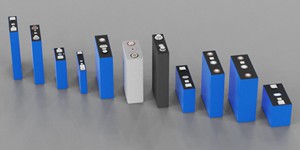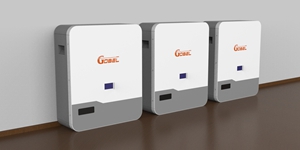Deforms: The Power of Flexibility in German
Flexibility is a pivotal concept in the German language, encompassing the ability to adapt, adjust, and mold oneself to various situations and pressures. The term "Flexibilität" speaks to the capacity to absorb shock, stretch, and yield to changing demands, making it an essential attribute in the fast-paced and dynamic world of today.
In the German work environment, flexibility is no longer a choice, but a necessity. Companies seek employees who can effortlessly pivot between tasks, projects, and responsibilities, demonstrating a capacity to learn quickly, think on their feet, and thrive in ambiguity. This mental and emotional dexterity translates to increased productivity, efficiency, and job satisfaction, as well as better collaboration and communication among team members.
German entrepreneurs and business leaders recognize the value of flexibility as a key driver of innovation, adaptability, and competitive advantage. By embracing a flexible mindset, individuals and organizations can stay nimble in the face of uncertainty, capitalize on new opportunities, and navigate complex challenges with ease.
Furthermore, flexibility beyond the workplace has numerous benefits. In German culture, flexibility can mean embracing a relaxed, carefree approach to life, where one is not fixated on rigid structures or timetables. This attitude fosters creativity, joy, and a sense of freedom, allowing individuals to explore new passions, pursue personal interests, and cultivate meaningful relationships.
In German language learning, understanding flexibility is crucial for effective communication. By grasping the nuances of flexibility in action, learners can develop a deeper appreciation for the language's cultural context, idioms, and idiomatic expressions, ultimately enhancing their language skills and global interactions.


























